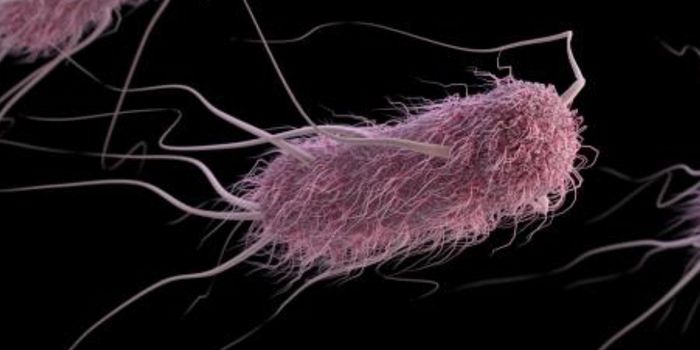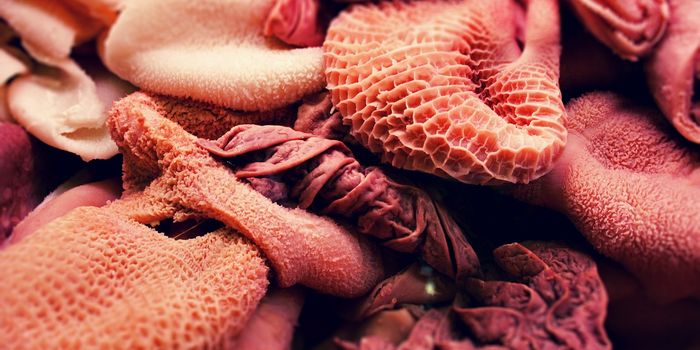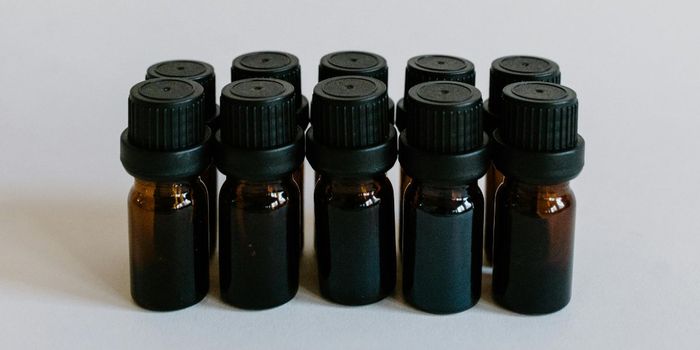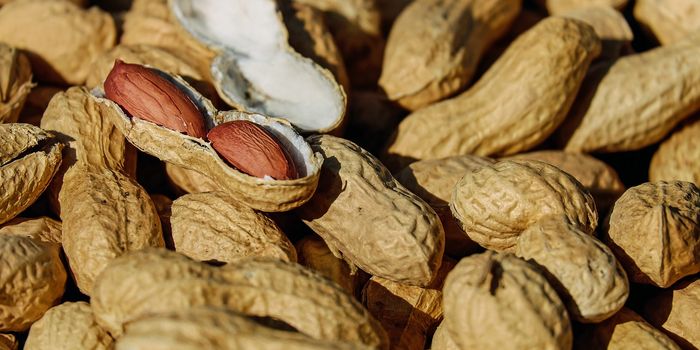A Test to Measure the Effectiveness of Stem Cell Transplantation
Stem cells are like a blank slate, and researchers have imagined using them to fill in for damaged cells that cause disease. Many disorders, like type II diabetes, or Parkinson's, might one day be treatable with stem cell-based therapies, and scientists are working on creating such therapeutics. These treatments will have to be assessed for safety and efficacy. Now a team of scientists has developed a repeatable, non-invasive, timely technique to know if transplanted stem cells are repairing damaged heart tissue. The work has been reported in Science Translational Medicine and is outlined in the video.
The research team, made up of investigators from the University of Maryland School of Medicine (UMSOM), University of Pennsylvania, and Emory University aimed to create a way to analyze exosomes in blood. Exosomes are small compartments that are released from most cell types. They were once thought of as a waste disposal system, but they may also be a way for cells to send signals and can contain many types of biological molecules.
In this work, the researchers assessed exosomes in rats that modeled stem cell transplantation after myocardial infarction, or heart attack. Circulating exosomes were found to carry cell parts to the muscle cells targeted in the heart, and resulted in repair of the cardiac tissue.
"Exosomes contain the signals of the cells they're derived from - proteins as well as nucleic acids and micro ribonucleic acids (miRNAs) - which affect receptor cells and remodel or regenerate the organ we're targeting," explained study co-senior author Sunjay Kaushal, Ph.D., MD, Professor of Surgery at UMSOM and Director of Pediatric Cardiac Surgery at the University of Maryland Children's Hospital. "We now have a tool to determine whether stem cell therapy will be efficacious for an individual patient, not only for the heart but for any organ that received stem cell therapy."
The scientists called their blood test a "liquid biopsy," and they used it with a rat model in which human cardiosphere-derived cells (CDCs) and cardiac progenitor cells (CPCs) were transplanted into hearts after myocardial infarction. After seven days, the level of exosomes in blood plasma was measured. Next, the team purified the exosomes from the CDCs and CPCs and determined that they carried miRNAs linked to heart muscle recovery.
CPCs and CDCs the were grown in the lab were found to carry different stuff than the ones from cells transplanted in the rodent model.
"Our study should be considered the first stepping stone in understanding what stem cells do, but an important point is that the cells we identified as responding changed their gene expression, behavior, and secretions," said co-lead author Sudhish Sharma, Ph.D., UMSOM Assistant Professor of Surgery. "By using these biomarkers, we can understand the mechanism and extent of recovery."
Sources: AAAS/Eurekalert! via University of Maryland Medical Center, Science Translational Medicine








